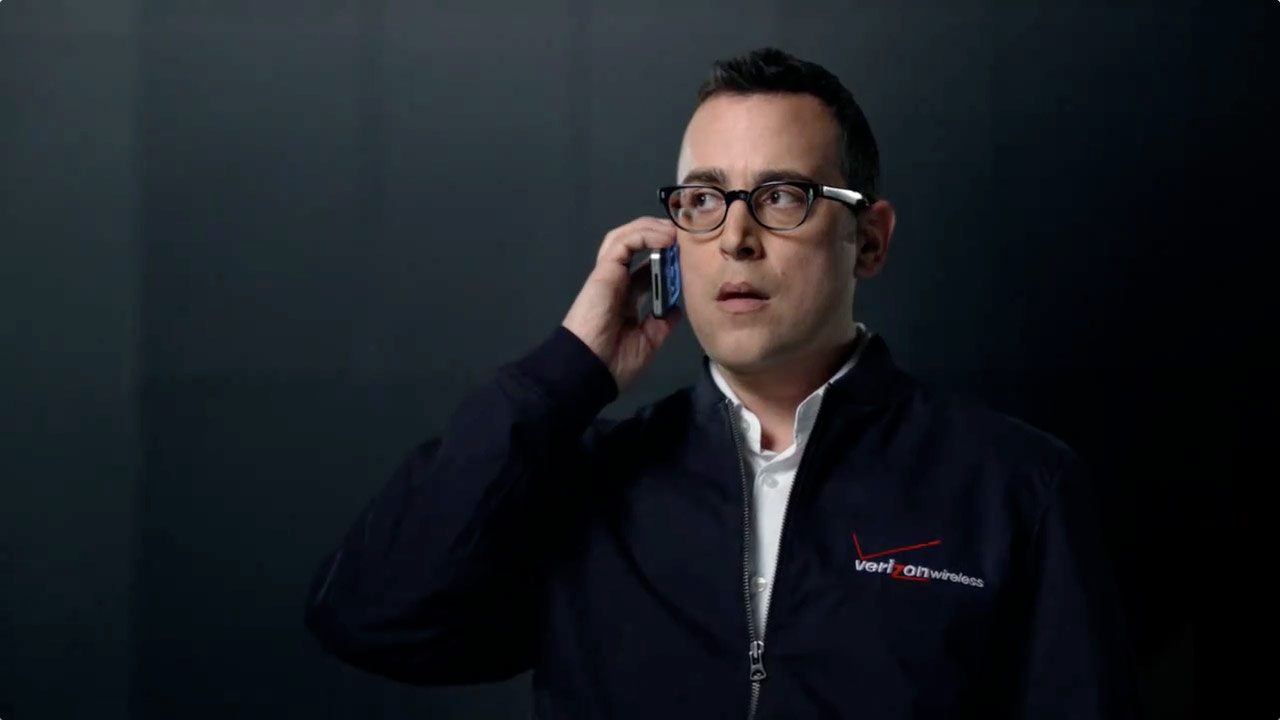Recent graduates from Thomas Jefferson School of Law ("TJSL")
filed a class action lawsuit against their
alma mater, alleging that it intentionally misrepresents its employment figures. This—the plaintiffs allege—caused them to attend TJSL, which they now regret because their career prospects are dim (also TJSL's fault, they allege).
Note to the plaintiffs: dragging your
alma mater's name through the mud is no way to advance your career prospects; it actually harms the value of your degree. I'm just sayin'.
Now, looking at the merits, it seems to me that the plaintiffs face an uphill climb. Specifically, they may find it difficult to prove the following
elements necessary for a successful intentional misrepresentation claim:
- that TJSL represented to the plaintiffs that an important fact was true, when it was actually false; and
- that the plaintiffs reasonably relied on TJSL's representation.
(1) It is unclear that TJSL falsely represented anything to the plaintiffs. Their primary contention appears to be that TJSL included non-lawyers in the employment data it submitted to
U.S. News & World Report. This creates the illusion that 80 percent of its graduates become employed as lawyers within a few months of graduation, when in reality many found jobs in other fields.
This legerdemain may be misleading, but it is a common practice among law schools. The primary question is why it has taken
U.S. News & World Report so long to close this gaping loophole.
Frankly, I do not see how a misrepresentation was made so long as TJSL provided data that conformed with
U.S. News & World Report's loose standards, and so long as TJSL accurately reported this data to prospective students. Evidence that TJSL told prospective students that 80 percent of recent graduates become attorneys would, however, satisfy that element. We will see what comes out during discovery.
(2) It was not reasonable for the plaintiffs to rely upon TJSL's employment figures. Yes, the prospect of getting a job after graduation is important. However, it is bizarre to claim that this single data point controlled their decision to attend TJSL. Other factors, such as ranking, bar pass rate, location, professor quality, tuition/scholarships, and personal comfort seem to play larger roles.
However, one flagrant logical flaw probably defeats the whole claim. The complaint specifically alleges that more than 50 percent of TJSL graduates routinely fail the bar. Well, if that is the case, then why did the plaintiffs believe that 80 percent of TJSL alumni become attorneys within a few months of graduating?
Math may not be most attorneys' strong suit, but it does not take a rocket scientist to conclude that this is impossible. Maybe poor logical reasoning explains why the plaintiffs have not found attorney positions.
In conclusion, I don't think the plaintiffs have a very good case. It is unclear that TJSL misrepresented any facts to the plaintiffs, and even if it did, other factors made it unreasonable for plaintiffs to base their decision to attend TJSL upon that representation.
There is no doubt that TJSL—among other law schools—exposed a flaw in the
U.S. News & World Report rankings. Fortunately,
U.S. News has closed that loophole. There is no doubt that the job market out there is difficult, but TJSL is not to blame for that. As an East Village resident, I think the new TJSL campus adds a lot to my community. I just hope its reputation—which I can tell it is working hard to improve—is not harmed by what appears to be a meritless lawsuit.













